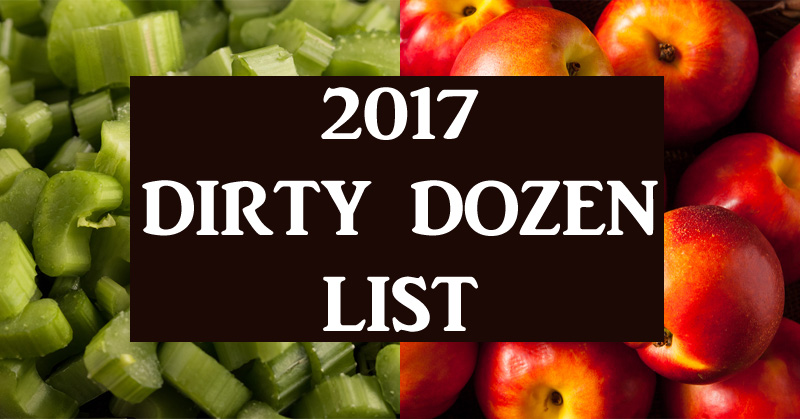Each year, the Environmental Working Group releases a list called the Dirty Dozen. This list contains the 12 fruits and vegetables that contain the most pesticides. This year, the report found that almost 70% of the non-organic samples tested positive for at least one pesticide! But it gets worse. A single strawberry sample contained 20 different pesticide residues!
If you aren’t in the habit of buying organic produce, the EWG’s Dirty Dozen list can help you determine which foods you should spend an extra dime on, to make sure you aren’t ingesting dangerous pesticides. The report found that more than 98% of strawberries, spinach, peaches, nectarines, cherries and apples tested positive for at least one pesticide residue. Spinach samples had twice as much pesticide residue by weight than any other crop!
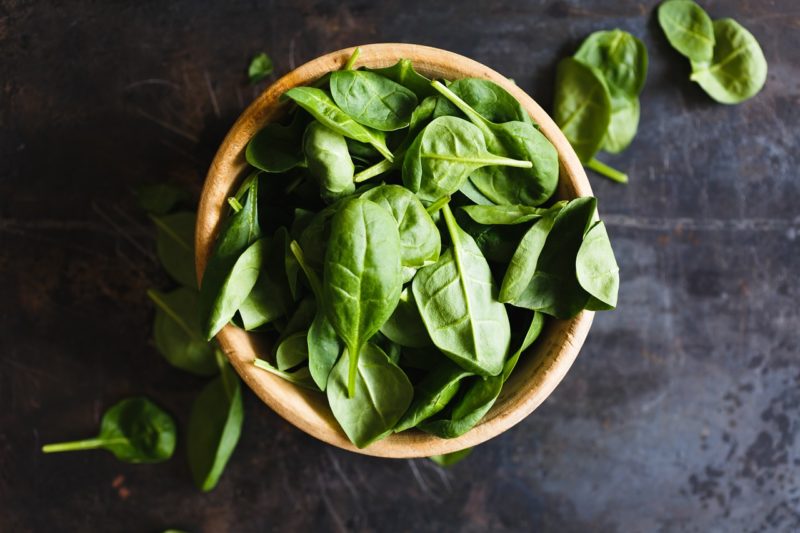
The next time you go grocery shopping, you’ll want to keep the Dirty Dozen list in mind when picking out produce.
The Dirty Dozen
- Strawberries
- Spinach
- Nectarines
- Apples
- Peaches
- Pears
- Cherries
- Grapes
- Celery
- Tomatoes
- Sweet Bell Peppers
- Potatoes
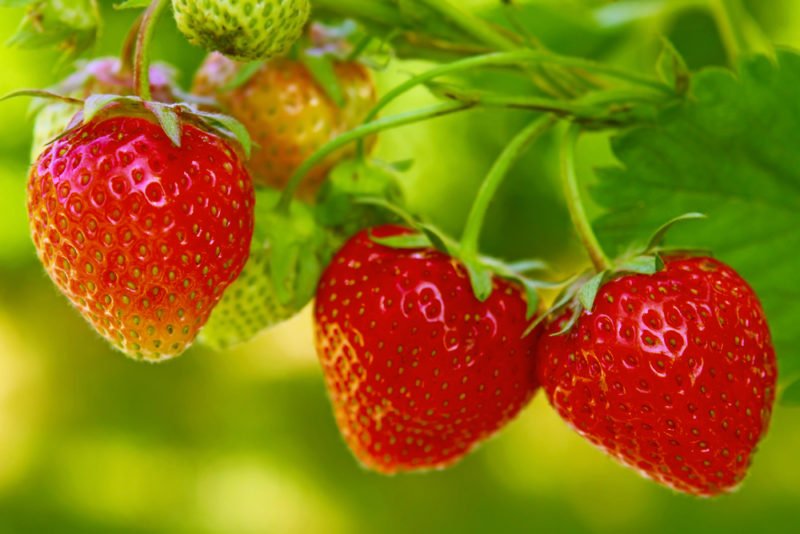
The Good News
If you’re wondering how other food samples scored, avocados and sweet corn were the cleanest. Only 1% of samples showed any detectable pesticides. More than 80% of pineapples, papayas, asparagus, onions and cabbage had NO pesticide residues! The Environmental Working Group also releases a second list, which they title the Clean 15. This list is made up of produce that is least likely to be contaminated by pesticides.
The Clean 15
- Sweet corn
- Avocados
- Pineapples
- Cabbage
- Onions
- Frozen sweet peas
- Papayas
- Asparagus
- Mangos
- Eggplant
- Honeydew
- Kiwi
- Cantaloupe
- Cauliflower
- Grapefruit
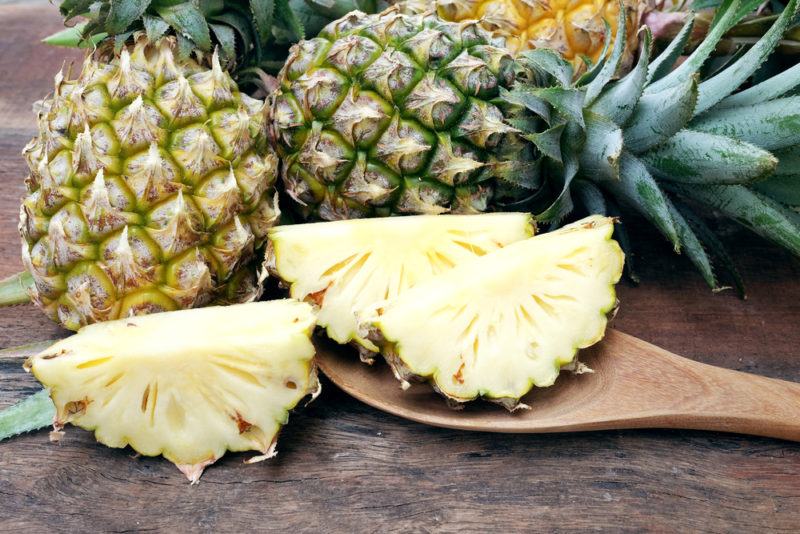
The Take-Home
These lists aren’t meant to deter you from buying certain produce. Instead, they’re meant to keep you informed about what you’re buying and eating. It’s no secret that pesticides are harmful to the body.
Pesticides have been linked to:
- Headaches
- Nausea
- Respiratory disorders
- Memory disorders
- Skin conditions
- Depression
- Birth defects
- A higher rate of miscarriage
- Neurological conditions
- Endocrine disruption
- Cancer
The EWG’s Shoppers Guide to Pesticides in Produce may prove especially important to parents. Studies have shown that the human brain is not fully formed until the age of 12. Childhood exposure to pesticides can greatly impact the development of the central nervous system, which makes children particularly susceptible to the dagnerous heath risks associated with pesticides.
It’s unrealistic to believe that everyone has the opportunity or means to buy organic produce 100% of the time. That’s one of the reasons the Environmental Working Group creates these lists each year. Their intent is to inform consumers about the top fruits and vegetables that should always be organic when purchased. Staying informed can help you and your family stay healthy and avoid health issues caused by harmful pesticides.
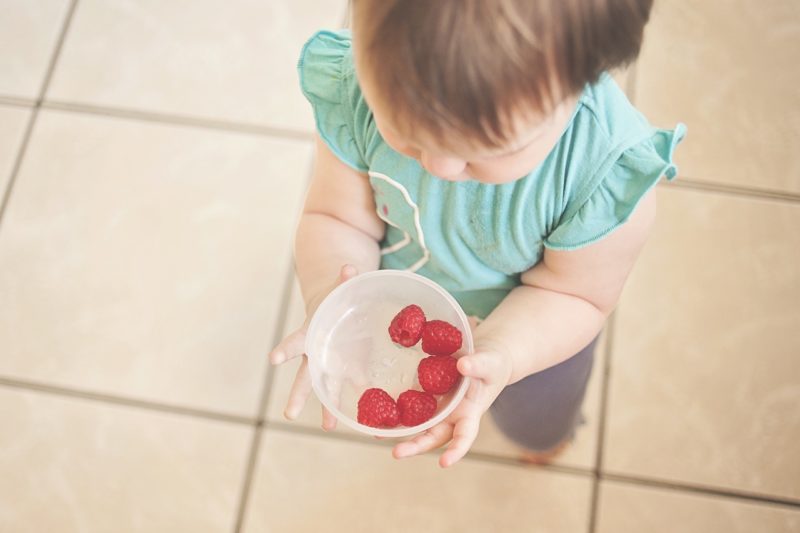
Dr. Axe
Toxics Action
Toxics Action Center
Environmental Working Group
Environmental Working Group


